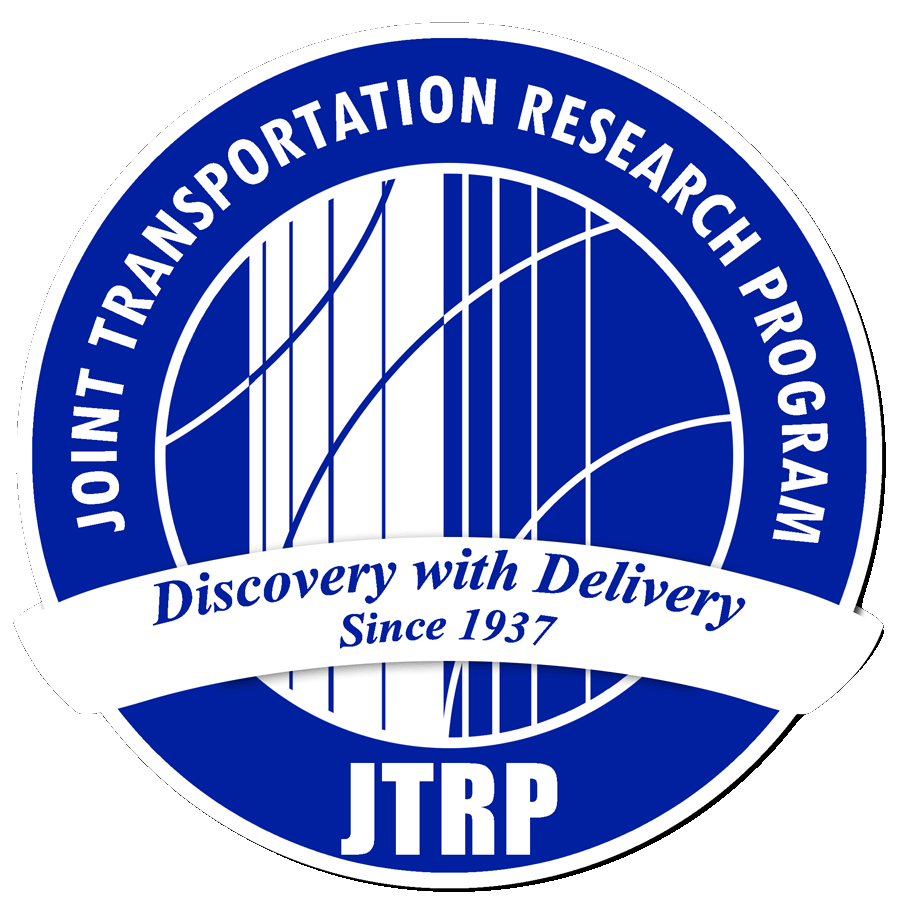Abstract
The Indiana House Enrolled Act 1481 (HEA-1481) requires that the Indiana Department of Transportation (INDOT) adopt final rules by December 31, 2014, for the issuance, fee structure and enforcement of permits for overweight divisible loads, fee structure of permits for loads on extra heavy duty highways, and fee structure of permits for overweight loads. On December 26, 2013, INDOT adopted the Emergency Rules regarding these items, as required by HEA-1481, effective January 1, 2014. HEA-1481 requires INDOT to use the results of this impact study to inform the setting of final rules. Three different fee structures were considered: Pre-HEA-1481 fee structures were in place prior to HEA-1481; Interim Policy fee structures were in place between June 1, 2013 and December 31, 2013; these were superseded by Emergency Rules which took effect January 1, 2014. INDOT commissioned this study to evaluate the impacts of overweight divisible load permits on revenue, asset consumption, alternative transportation modes, Indiana’s economic development, and economic competitiveness relative to other Midwestern states.
The results of the analysis indicate that overall, the overweight commodities divisible permit structure arising from HEA-1481 is not expected to change dramatically the consumption of pavement and bridge assets, lead to a slight increase in the revenue collected per permit and a slight decrease in the gap between consumption and revenue. However, the gap between revenue and consumption is still significant. From an operations standpoint, it was estimated that HEA-141 will lead to a net decrease in safety but a net increase in mobility of the traffic stream, due to the twin but opposing effects of traffic impairment and trip substitution associated with overweight vehicle operations. Also, HEA-1481 is expected to lead to little or no shift in the modal share across truck and rail, but significant shift in the specific configurations of vehicles used in trucking operations. The Act is expected to increase the economic competitiveness of trucking operations Indiana, compared to the pre-HEA 1481 situation. Finally, the Act is expected to increase economic development at least in the long term by reducing the cost of transportation, an essential expenditure item of most major businesses in Indiana. Overall, HEA-1481 is expected to protect the highway bridge and pavement infrastructure by providing incentives for less-damaging loading behavior, reduce the gap between revenue and consumption, generally have slightly adverse net impacts on safety and slightly beneficial impacts of mobility, increase the economic competitiveness of trucking operations relative to other states, and provide grounds for increased economic development.
Keywords
overweight trucks, policy, legislation, asset consumption, revenue, pavement, bridge, modal shift, economic development, and economic competitiveness
Report Number
FHWA/IN/JTRP-2014/14
SPR Number
3757
Sponsoring Organization
Indiana Department of Transportation
Performing Organization
Joint Transportation Research Program
Publisher Place
West Lafayette, Indiana
Date of Version
12-2014
DOI
10.5703/1288284315514
Recommended Citation
Everett, S. R., Athigakunagorn, N., Woldermariam, W., Varadarajan, V., Arman, M., Roshandeh, A. M., Gkritza, K., Labi, S., & Sinha, K. C. (2014). Impact of HB-1481 on Indiana’s highway revenue generation, asset degradation, modal distribution, and economic development and competitiveness (Joint Transportation Research Program Publication No. FHWA/IN/JTRP-2014/14). West Lafayette, IN: Purdue University. https://doi.org/10.5703/1288284315514


